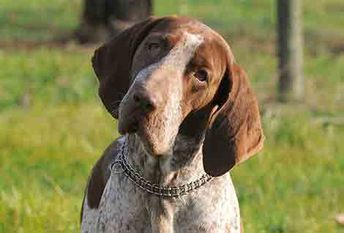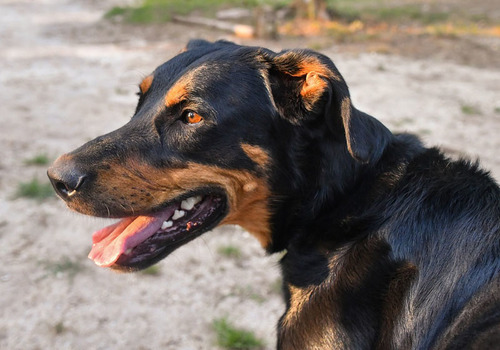The Beauceron, also known as the Berger de Beauce or the Bas Rouge, is a French shepherd dog whose name is derived from the vast agricultural region southwest of Paris.
Since its development in the late Middle Ages, the Beauceron has played many roles: soldier, bodyguard, rescuer, competitor, companion, prankster, and peerless mover of livestock. Along the way, the breed has won hearts on both sides of the Atlantic, as much for its endearing personality as for its multifaceted working ability.
During the late 19th century, many dog clubs and organizations were formed, including the Society Central Canine in 1882. It registered the first Berger de Beauce in 1893, and soon a breed standard was written to set down the dog’s characteristics. The Club des Amis du Beauceron was formed in 1922.
The Beauceron’s work as a sheepdog began to disappear with the changes wrought by modern society, but he easily moved into police and military work and served heroically during both world wars as a messenger dog, trail finder, and mine detector. Beaucerons still perform that type of work today.
The American Kennel Club recognized the Beauceron in 2007. Today the breed ranks 153rd among the dogs registered by the AKC.










